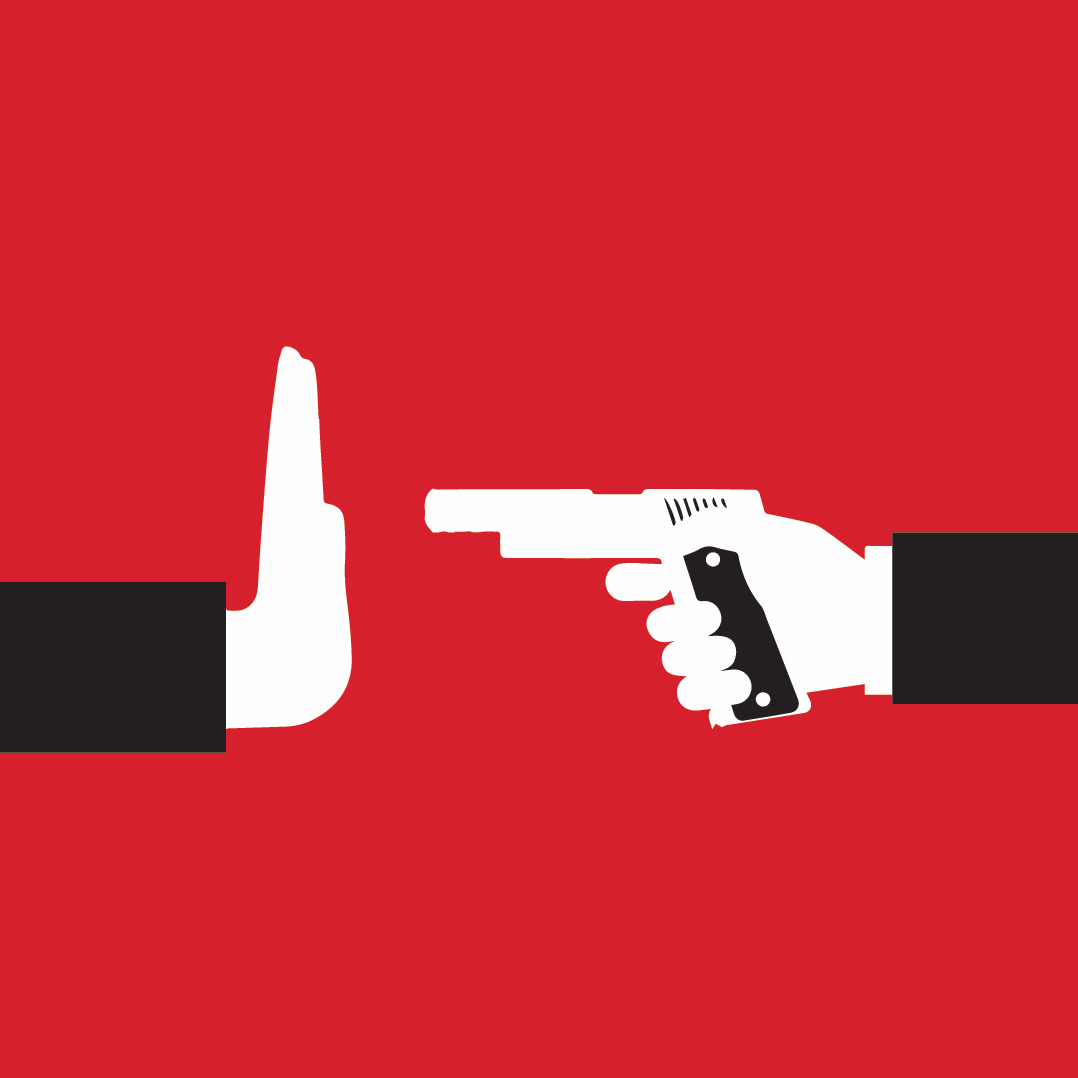When Feb. 14 comes to mind, most think of Valentine’s Day, a day of love. For the survivors of the Marjory Stoneman Douglas shooting, it brings up the reminder of the pain many suffered that grueling day.
Feb. 14 marks one year since one of the deadliest shootings ever in United States history. Seventeen innocent people lost their lives to the hands of a high school student with the access to a gun meant for killing. These are the names of the victims: Alyssa Alhadeff, Scott Beigel, Martin Duque, Nicholas Dworet, Aaron Feis, Jaime Guttenberg, Chris Hixon, Luke Hoyer, Cara Loughran, Gina Montalto, Joaquin Oliver, Alaina Petty, Meadow Pollack, Helena Ramsay, Alex Schachter, Carmen Schentrup, and Peter Wang.
Ivy Schamis, a social studies teacher at Marjory Stoneman Douglas, has been teaching at the school for 18 years. At the time of the shooting, she was in Room 1214 on the first floor teaching a lesson on the history of the Holocaust. She was teaching her students specifically about how to combat hate on college campuses. As her students were finishing up an activity on this subject, she heard shots ringing. Before she and the students could process what was happening, the gunman was shooting bullets through the window of her door, wounding four of her students and killing two, Helena Ramsay and Nicholas Dworet.
Since the shooting, Schamis has been an advocate for her students and the country to speak out on the fatal event that affected her that day. She ties in her teaching of Holocaust education and the shooting she survived when spreading her message.
Schamis also goes on to describe her winning a Bear Award for the Brady Campaign. The Brady Campaign is a campaign to prevent gun violence.
“I definitely am a big proponent for gun control, but my message has actually been Holocaust education. I won the Bear Award for the Brady Campaign for helping the students find their voice in gun control,” Schamis said.
One of Schamis’ students attended the State of The Union address on Feb. 5 and later spoke to Congress about gun control.
“People are really listening to the kids, so my role as an educator is really has been to help the students find their voice. My role as an advocate has been to speak about the importance of being stronger than hate, about teaching tolerance [and] about teaching Holocaust education. The advocacy on my part has been to spread the message of Holocaust education but in addition to join organizations to get out their and to make people aware that it’s not ok to give mentally ill people access to guns especially AR-15s,” Schamis said.
She explained a message she wants many to take from her as well as the positive effects since the event took place.
“I look at [Holocaust survivors] who are ridiculously resilient and have been through hell and back, and they continue to tell their stories and share their message, so my message is to really pass along the information that I got from Holocaust survivors. In fact, one of the slogans I use all the time is, ‘Pain should not be wasted.’ You need to listen to what other people have gone through and take that information and use it for your own benefit. I would say that the community in Parkland and around the country, support has been unbelievably fantastic,” Schamis said.
Schamis has attended multiple events to spread her message, including one recently held in November. She went to the Shoah Foundation in Los Angeles with 12 of her students. She spoke at the event, which is dedicated to the remembrance of the Holocaust, where she won the Inaugural Stronger Than Hate Educator Award.
As Schamis stated, the support from other communities has been immense. Winthrop last year held a March For Our Lives event to honor the victims and bring awareness to this issue.
The event was held Mar. 24 after the shooting where supporters met at Campus Green and walked to Lindsey Graham’s office, holding signs and walking in honor of the Marjory Stoneman Douglas survivors and for those that have suffered from shootings before. Juliet Isaacs, a sophmore, was the main organizer for this event.
Lauren Mueller, sophomore human nutrition major, was the public relations organizer for the event. Mueller explained why she and many others wanted to organize the event, as well as what she wanted others to take away from this.
“The main reason why we decided to do this march is the majority of us have younger siblings, and we just thought of it as what if that was our family member that would have been affected by it, just to raise awareness for the situation. The ultimate message is that it’s important to raise awareness when situations happen that could be so close to us in our community,” Mueller said.
Sarah Jackson, a sophomore social work major, was the social media organizer for the march. She explains why she wanted to help and the respect she has for the Parkland students.
“My parents raised me on this form of compassion and caring about people and it hurts me to see the world in the state that it is. It was really inspiring to see the Parkland students putting themselves together. I can’t imagine the turmoil they were going through, and they didn’t even have a month to prepare [for the March For Our Lives event], but they were doing this after all the trauma that they went through. I mean, if anything I want to back them up and show them that little old Rock Hill [is] backing them up,” Jackson said.




